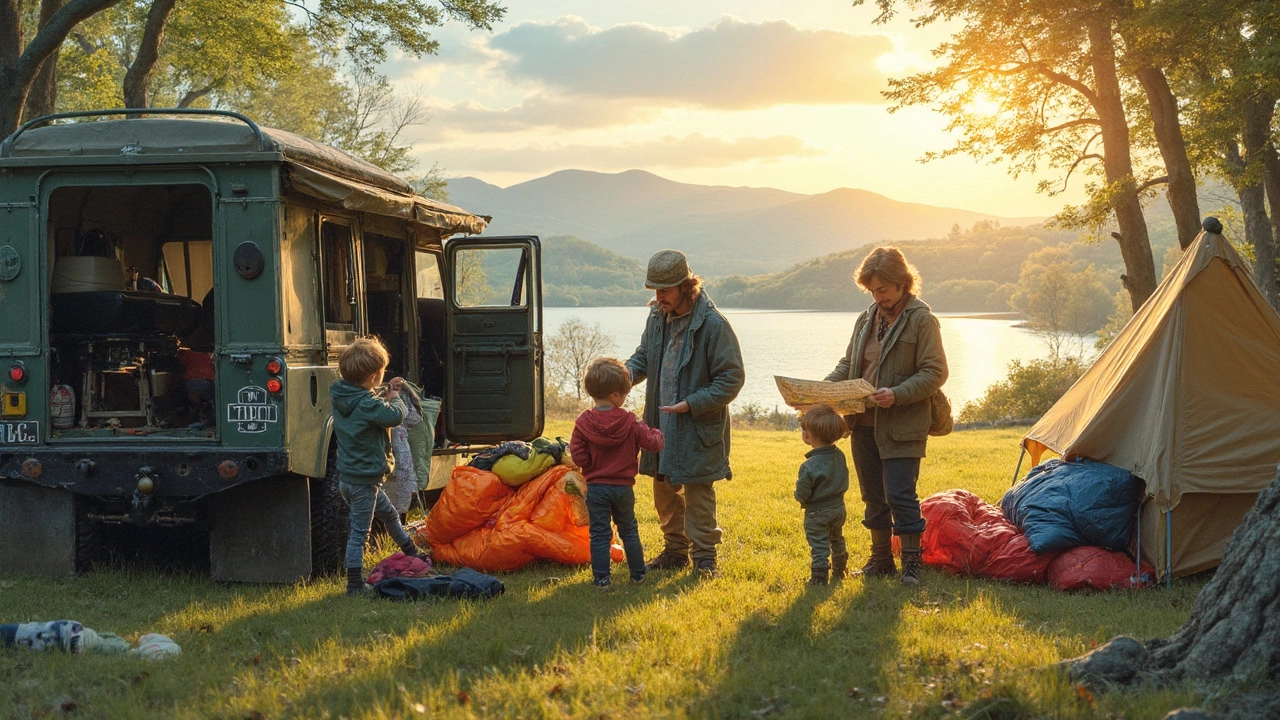Campsite Expenses: What You’ll Actually Pay on Your Next Trip
If you’ve ever booked a pitch and wondered why the bill looks bigger than expected, you’re not alone. Camping sounds cheap, but the truth is there are a lot of little charges that add up: site fees, electricity, water, waste disposal, and sometimes even Wi‑Fi. This guide breaks down the most common costs so you can budget confidently and avoid nasty surprises.
What You’ll Pay for a Campsite
Most UK campsites charge a nightly rate that ranges from £15 to £45 for a standard pitch. The price depends on location, season, and the facilities you need. In popular spots like the Peak District or the coast, you’ll see the higher end of that range, especially during school holidays.
Electric hook‑up is a big factor. Sites usually offer three plug types – 13 A (UK), 15 A (Europe) and 230 V (continental). Expect an extra £2‑£5 per night for a 13 A hookup and up to £10 for a full 230 V supply if you’re running a fridge, heater, or portable power station. If you’re planning to stay off‑grid, a good portable power station can cost £300‑£600, but it saves you on hookup fees over a long trip.
Water and waste disposal are often bundled with the pitch price, but some premium sites charge £1‑£2 per night for each service. Look out for "dump‑point" fees – they can be a flat £5‑£10 per visit, especially at larger caravan parks.
Extras like Wi‑Fi, laundry, pet stays, or a clubhouse can add anywhere from £1 to £8 a night. It’s easy to spend an extra £20‑£30 per weekend if you rack up a few of these services, so decide what you really need before you book.
Saving Money on Motorhome and RV Trips
Full‑time RVing sounds like a dream, but the monthly budget can be higher than many expect. Break it down: site fees (average £300‑£500 per month), fuel (about £1.50 per litre, depending on mileage), insurance (£30‑£60 per month), and maintenance (£0‑£100 a month for routine checks). If you can mix wild‑camping (boondocking) with paid pitches, you’ll cut the site‑fee bill dramatically.
Plan ahead with a spreadsheet. List your expected nights at paid sites, estimate hookup costs, and add a buffer for unexpected fees. Many campers find that booking early saves 10‑15% off peak rates, and some parks offer loyalty discounts after a few stays.
Don’t forget the “hidden” costs: cleaning fees, extra vehicle cleaning at the end of your stay, or a small charge for extra guests. These add up quickly, so ask the site ahead of time what’s included in the headline price.
One clever tip is to bring your own solar panel set‑up. A basic 100 W panel can power lights and a small fridge, reducing your need for a pricey 230 V hookup. Over a month, that can shave off £50‑£100 in electricity fees.
Finally, remember that not every campsite is created equal. Some rural sites charge less but lack water or waste facilities, while city‑adjacent parks charge more for convenience. Decide what matters most to you—budget, comfort, or location—and match your spend accordingly.
By understanding each line‑item and planning a mix of paid pitches, free spots, and smart gear choices, you’ll keep your campsite expenses in check and enjoy more of the road ahead.
